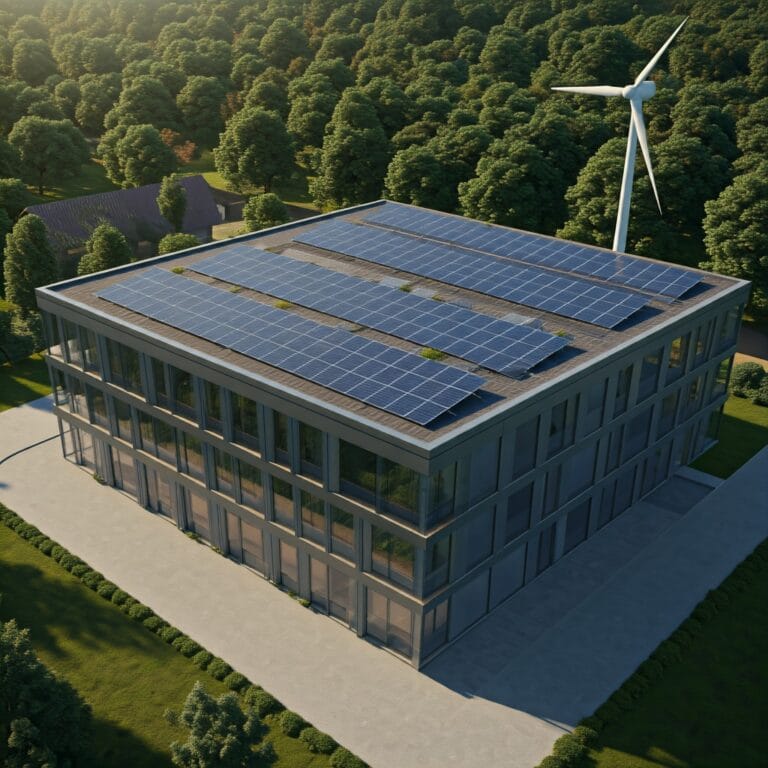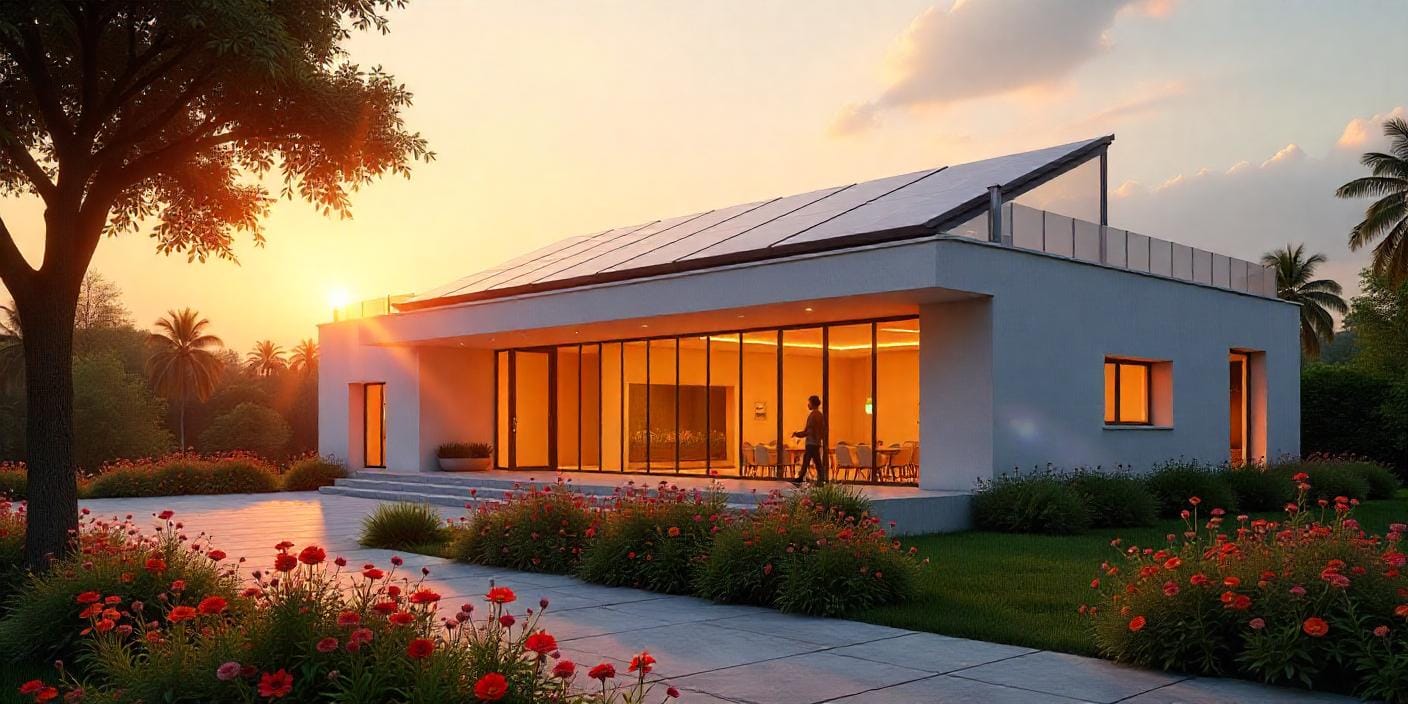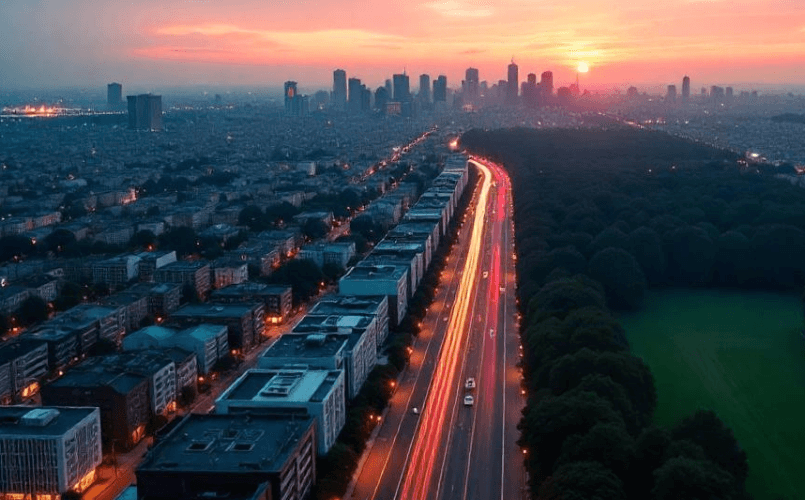A Greener Future with India’s Net Zero Building Revolution
India’s fast-rising population and urbanisation provide substantial problems in terms of energy consumption and environmental effects. The government is shifting to more sustainable building standards to address these concerns, with net zero buildings taking centre stage.Net zero buildings are an important part of India’s sustainable development plan. By implementing this strategy, the country could reduce its environmental impact, increase energy security, and ensure a more sustainable future for its population. As awareness and technology advance, we can expect to see a significant rise in the number of net zero buildings in India.
.
What are Net Zero Buildings?
Net zero buildings produce as much renewable energy as they consume in a year. This is accomplished through the use of energy-efficient design, renewable energy sources, and modern technologies.
Why Net Zero Buildings in India?
Reducing Carbon Footprint: India is a major source of global greenhouse gas emissions. Net zero buildings can drastically lower the nation’s carbon impact.
Energy Independence: By generating their own energy, net zero buildings can lessen their reliance on the grid and achieve greater energy independence.
Economic Benefits: Net zero buildings can reduce energy expenditures for building owners and tenants while increasing property values.
Improved Air Quality: Reducing reliance on fossil fuels for electricity generation can improve air quality, particularly in cities.

Government initiatives:
The Indian government has taken many initiatives to encourage the implementation of net-zero buildings:
Building Codes and Standards: The Bureau of Indian Standards (BIS) has created rules for energy-efficient buildings, including net zero standards.
Financial Incentives: The government provides a variety of financial incentives, including tax breaks and subsidies, to stimulate the construction of net zero buildings.
Public-Private Partnerships: The government is working with private enterprises to create and implement net zero construction projects.
Opportunities and Challenges :
Notwithstanding the substantial advantages, India has a number of challenges to implementing net-zero buildings:
High Upfront Costs: Compared to a regular structure, a net zero building may require a larger initial expenditure.
Lack of Awareness: Many people are still unaware of the benefits of net zero buildings and the available technologies.
Infrastructure Restrictions: Some areas might not have the infrastructure needed to enable the production of renewable energy.
These challenges do, however, also offer opportunities. A favourable climate is being created for the development of net zero buildings in India by the rising demand for sustainable solutions, technological improvements, and support from the government.



